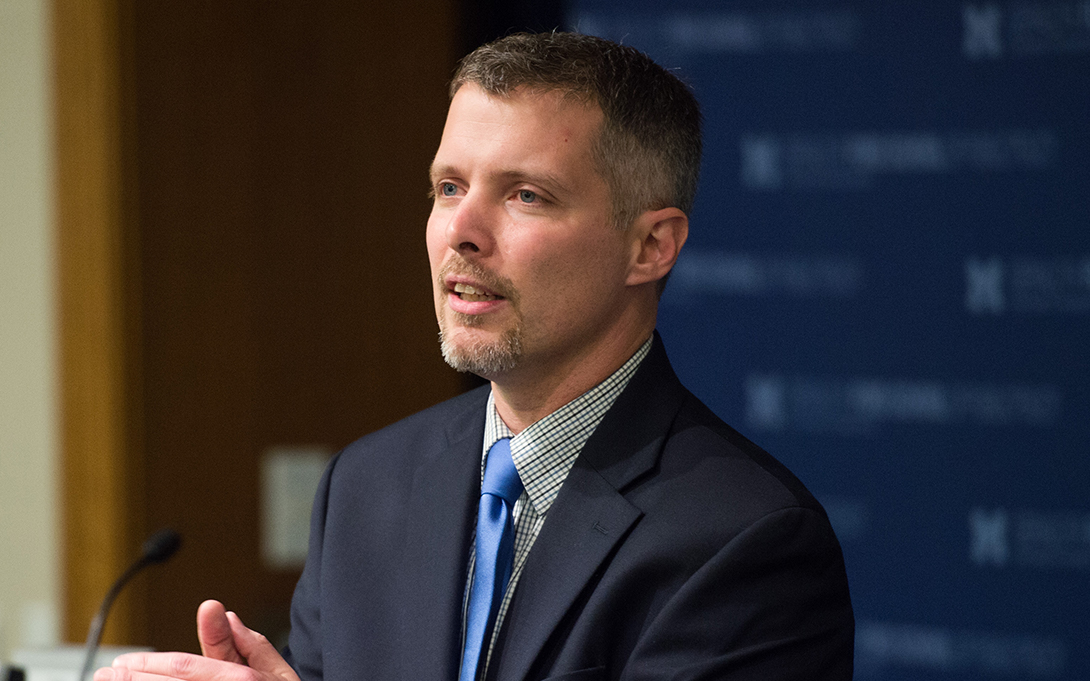
A recent New York Times article cites Luke Shaefer and Kathryn Edin’s 2015 award-winning book, $2.00 a Day as a marker that led to the passage of important elements of the $1.9 trillion “American Rescue Plan” which includes temporary measures to help Americans with no or little income, and reduces child poverty. The legislation includes sweeping anti-poverty measures, including “more immediate cash assistance to families at the bottom of the income scale than any federal legislation since at least the New Deal.”
According to the NYT, the shift in thinking broadly about child poverty was set into motion with new poverty research that exposed gaps in the social safety net, and was accelerated by the pandemic.
Shaefer and Edin’s $2.00 a Day documented new evidence about child poverty and income inequality, and through stories, illuminated survival strategies among America’s extreme poor. Adapting the $2.00-a-day metric used by the World Bank to monitor global poverty, Shaefer and Edin discovered that since America’s 1996 welfare reforms, the number of households with children reporting cash incomes below the $2.00-per-person, per-day threshold in any given month had more than doubled, with the biggest increase among families experiencing extended periods of poverty.
When $2.00 a Day was published, it was met with critical acclaim in the media and new attention in Congress. According to The New York Times, Senator Sharrod Brown (D-OH) arranged for all his Democratic Senate colleagues to receive a copy. Senator Orrin Hatch (R-UT) invited Shaefer to testify before the U.S. Senate Finance Committee at a special hearing on welfare and poverty in America. At that hearing, Hatch described poverty as “crushing,” “remorseless,” and “a critical challenge for our nation,” and expressed a willingness and desire to work across the aisle to address it.
Shaefer's anti-poverty research has continued since then, and a recent Poverty Solutions report found material hardship in the United States rose significantly in the final months of 2020 and was particularly high for households with children.
Whether the temporary provisions in the American Rescue Plan can be made permanent, or whether the combination of forces that came together for new law is a one-off, remains to be seen.

